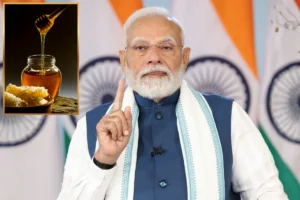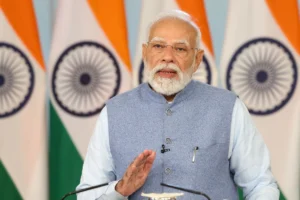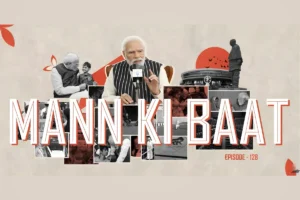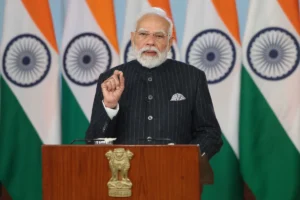
Vijay Shekhar Sharma
Ahead of the March 15 deadline to wind down the company, Paytm founder Vijay Shekhar Sharma has resigned as the part-time non-executive Chairman of Paytm Payments Bank Limited (PPBL).
Vijay Shekhar Sharma resigns
One 97 Communications Limited said in a regulatory filing on Monday that PPBL has also reconstituted its Board of Directors with the appointment of former Central Bank of India Chairman Srinivasan Sridhar, retired IAS officer Debendranath Sarangi, former Bank of Baroda Executive Director Ashok Kumar Garg, and former IAS officer Rajni Sekhri Sibal.
“To facilitate this transition, Vijay Shekhar Sharma has also resigned from the Paytm Payments Bank Board, the company has been informed separately. The filing stated, “PPBL has notified us that they will begin the process of appointing a new Chairman.”
One 97 Communications
One 97 Communications, the official name of Paytm, owns the remaining 51% of the shares in Paytm Payments Bank, which is owned by Sharma.
According to Paytm Payments Bank CEO Surinder Chawla, the experience of the new board members will be “pivotal in guiding us toward enhancing our governance structures and operational standards, further solidifying our dedication to compliance and best practices”.
The RBI’s crackdown on the payments bank due to ongoing non-compliance and supervisory issues coincides with the decision.
The fintech company was given a deadline by the banking regulator to cease its banking operations by February 29. Afterward, the deadline was extended to March 15.
What does RBI have to say?
In a statement posted on its website, the RBI stated that “the comprehensive system audit report and subsequent compliance validation report of the external auditors revealed persistent non-compliances and continued material supervisory concerns in the bank, warranting further supervisory action.”
Also read: Supreme Court Warns Centre In Coast Guard Case, Says “If You Can’t, We Will…”
According to the RBI, the bank will not be permitted to accept any more deposits, carry out credit transactions, or top up any customer accounts, prepaid cards, wallets, or cards used to pay for tolls on public roads. Refunds, cashbacks, and interest, however, are all subject to credit at any time.
To read more such news, download Bharat Express news apps


















